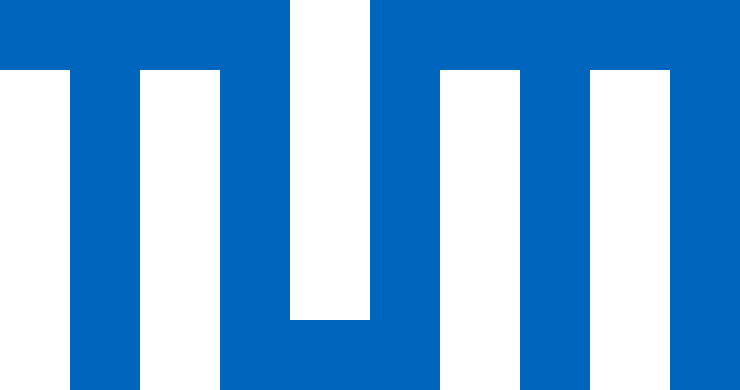The 7th Special Session on Computer Architectures in Space (CompSpace’23)
9 - 11th May 2023, Bologna, Italy
In Conjunction with Computing Frontiers 2023
compspace.in.tum.de

Call For Papers
The aerospace market has undergone rapid changes within the last 20 years. Due to technological progress in consumer electronics satellite design has evolved from purely using customised hardware solutions towards the utilisation of commercial off-the- shelf electronics, potentially leading to higher cost efficiency and an increased system performance.The dawn of CubeSats and upcoming Mega-Constellations of miniaturised satellites are currently fuelling the progress, attracting venture capital in a never seen before ratio. Mega-Constellations of satellites for a diverse range of applications have become reality, with multiple operators having monthly launches.
While using COTS electronics, such missions require an increased level of dependability in all subsystems to enable their use within critical missions and for such with prolonged lifetime requirements. However, miniaturised satellites are plagued by low dependability, and require failure tolerance and reliability-enhancing measures to be implemented. Furthermore, on board computers of such spacecraft need to consider specific boundary conditions, which can differ significantly from those of standard computing systems. These comprise environmental factors like launch loads or radiations robustness but also limitations regarding power consumption, mass or costs.
After its successful introduction as a workshop at ARCS2017 and the special session at CF2023, a new session is planned for CF2023. We aim at discussing existing and novel approaches for computer architectures and their applications in space, targeting an audience from computer architects to space engineers working on miniaturised as well as traditional larger scale satellites as well as representatives from space agencies. Synergies to existing terrestrial applications as well as computing architectures of constellations and swarms of satellites are a focus of the workshop, being firmly embedded into the main conference.
Contributions on the topic of Hardware and Software Architecture of spaceflight on board computers are of particular interest but not limited to:
- Dependable spacecraft and payload computer architectures
- Computer architectures in spaceflight, e.g. FPGAs
- Mitigation of radiation induced errors
- Power Efficient Computing on SmallSats and CubeSats
- Space Mission results and lessons learned
- Architectures for real time sensor data processing in space, e.g. RF
- Modified COTS solutions for space applications
- Real Time and fault tolerance on COTS solutions
- Fault detection and fault mitigation
- Cloud, Parallel and Distributed Computing in space
- Feasibility of machine learning approaches on Satellite Payloads and OBCs
Information for Authors
Accepted papers will be published by ACM.
The workshop will focus on research presentations
as well as brainstorming sessions.
Therefore, two kinds of contributions are welcome:
- Research papers documenting results of scientific investigations, and
- Position papers proposing strategies or discussing open problems.
Deadlines
Submission:
March 19, 2023, full papers 6-8 pages (ACM Format, PDF)via EasyChair: https://easy-chair.org/conferences/?conf=compspace2023
Notification:
March 24, 2023Camera-ready:
March 31, 2023 (max. 6-8 pages)Author Instructions
- Papers should be in English and formatted according to the main conference's formatting instructions: https://computingfrontiers.org .
- Papers should not exceed 8 pages (full paper).
Participation
Please refer to the Computing Frontiers 2023 web site for registration and venue information.Key Dates
Paper Submission DeadlineMarch 19, 2023, 11:59.59 PM (AoE)
Author Notification
March 24, 2023
Camera-Ready Papers Due
March 31, 2023
Submission
Submit your paper here
Sponsors
